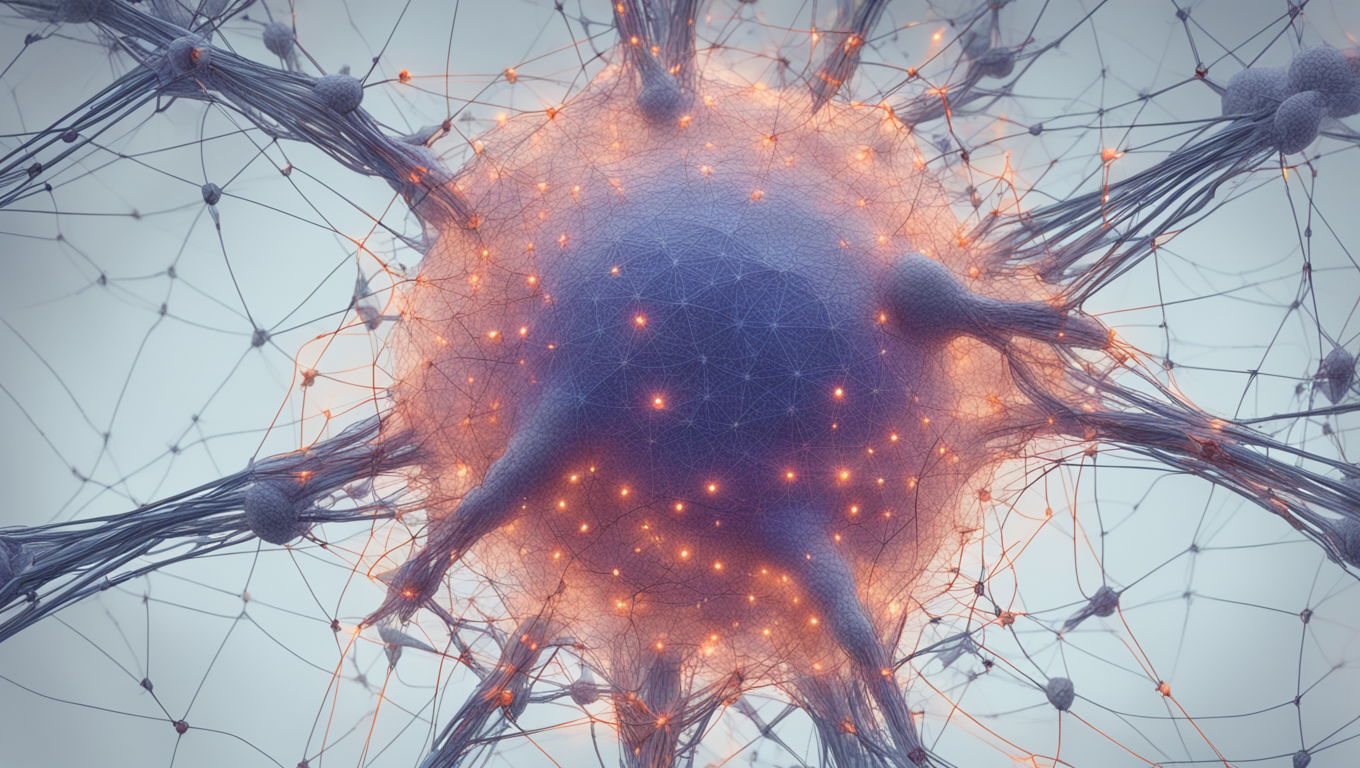In a groundbreaking development, artificial intelligence (AI) is set to play a pivotal role in the rapid identification of new Covid variants. This cutting-edge technology will enable healthcare authorities to swiftly respond with targeted measures before potentially “bad” mutants of the Sars-CoV-2 virus can threaten the world once again. The Classix algorithm, developed by mathematicians from the universities of Manchester and Oxford, promises to revolutionize the fight against Covid-19 and other infections. The remarkable potential of Classix has been detailed in a study published in ‘Pnas’.
Sars-CoV-2, like many other RNA viruses, undergoes rapid mutation, with short intervals between the emergence of one variant and the next. As a result, multiple waves of the virus have occurred since the onset of the Covid pandemic. These waves have been fueled by new viral mutants characterized by increased transmissibility and the ability to evade immune defenses, sometimes accompanied by heightened disease severity. Recognizing the urgency of detecting potentially concerning variants in the early stages of their emergence, scientists have intensified their efforts in this regard. By developing efficient and rapid methods, they hope to be more proactive in their response, including the development of tailor-made vaccines that can neutralize these variants before they gain traction.
At present, the international Gisaid platform contains nearly 16 million viral sequences. However, analyzing the evolution and history of all Covid genomes using conventional computational and human methods requires an enormous amount of time and resources. British mathematicians behind the Classix algorithm aim to automate many of these activities. In just a couple of days, using a modern standard laptop, researchers were able to process 5.7 million highly represented sequences—an accomplishment previously unimaginable using existing methods.
The novel technique employed by Classix involves breaking down the genetic sequences of the Sars-CoV-2 virus into smaller “words” represented as numbers, and then quantifying and grouping similar sequences using machine learning techniques. Thomas House from the University of Manchester clarifies that the Classix algorithm is not meant to replace human scientists but rather to complement their work, enabling faster analysis and allowing scientists more time to focus on other critical studies. Roberto Cahuantzi, the lead author from the University of Manchester, emphasizes that while phylogenetics remains the gold standard for understanding the virus’s lineage, machine learning methods present significant advantages in processing a vast number of sequences with low computational costs.
This breakthrough study shows that AI can serve as an alert system for the early detection of emerging Sars-CoV-2 variants. While phylogenetics provides insights into viral ancestry, machine learning methods can process a much larger number of sequences at a significantly lower computational cost. Classix has the potential to revolutionize our ability to monitor and combat Covid variants, providing a powerful tool for healthcare authorities and scientists worldwide. As we continue to navigate the challenges posed by the Covid-19 pandemic, the integration of AI and innovative technologies such as Classix offers hope for a future where we can stay one step ahead of the ever-evolving virus.





Use the share button below if you liked it.